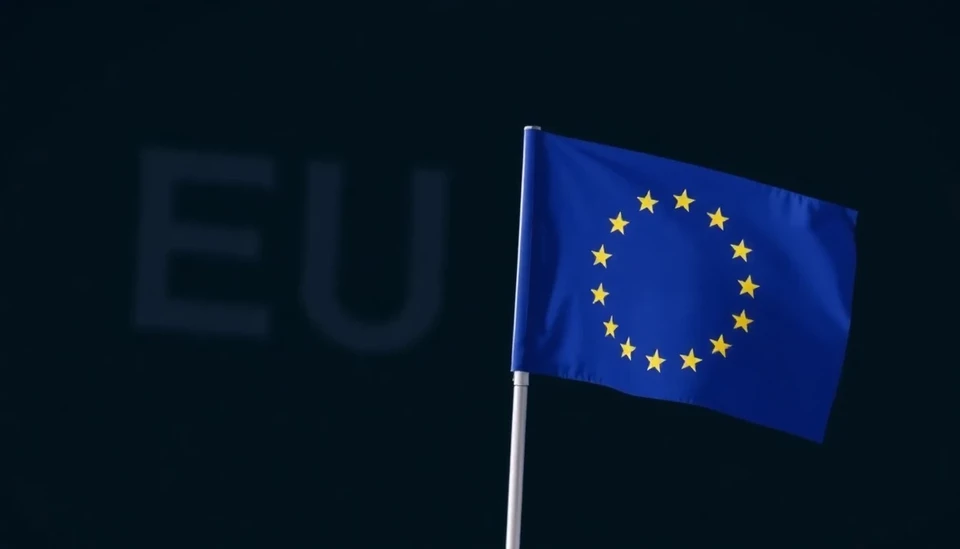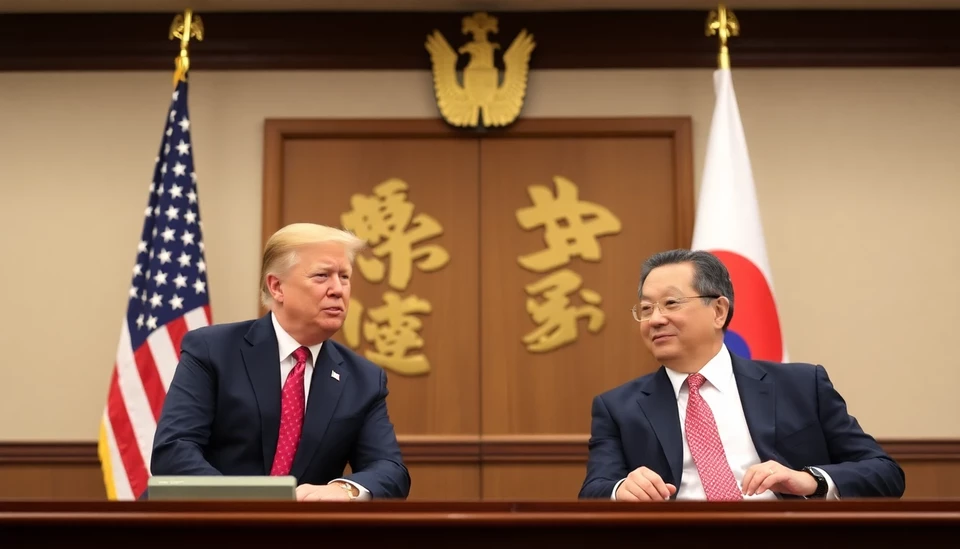
In a groundbreaking move, the European Commission has proposed sweeping amendments to its Due Diligence Directive, aiming to reduce the regulatory burden on companies while fostering a more business-friendly environment. This revision comes amidst growing concerns about the effectiveness and practicality of strict compliance measures previously laid out in the directive.
The Due Diligence Directive, formulated to enhance corporate accountability and sustainability, originally mandated companies to conduct thorough assessments of their supply chains to ensure that they adhere to environmental and human rights standards. However, feedback from stakeholders indicated that these stipulations imposed an excessive burden on businesses, particularly small and medium-sized enterprises (SMEs).
As a response, the Commission’s new proposal seeks to simplify the compliance requirements, allowing companies more flexibility in determining how they approach their due diligence processes. Critics of the original directive argued that the stringent regulations were stifling innovation and competitiveness, especially for smaller businesses that lacked the resources to meet such extensive requirements.
Under the revised framework, companies will still be expected to carry out due diligence, but the process will be less prescriptive, focusing instead on principles and targets rather than detailed steps. The hope is that this approach will smoothe operational complications and encourage more businesses to engage in responsible sourcing practices without being bogged down by excessive regulation.
While the intention behind the changes aims to alleviate the burden on companies, it has sparked a significant debate among environmental advocates and human rights organizations. Many argue that scaling back on accountability measures may encourage corporations to prioritize profit over fundamental ethical standards, undermining the very goals the directive intended to address.
As the EU prepares for consultations with stakeholders, including industry representatives and non-governmental organizations, it remains to be seen how this proposal will unfold. The Commission has emphasized its commitment to supporting sustainable business practices while ensuring that the legislative environment does not hinder economic growth and job creation.
Furthermore, the future of corporate due diligence in the EU has broader implications, as other jurisdictions around the world observe the continent’s regulatory approach. How the balance is struck between business interests and ethical responsibilities will likely influence global standards for corporate behavior in the years to come.
In conclusion, the EU Commission's significant reductions to the Due Diligence Directive could mark a pivotal shift in EU policy, potentially redefining the terms of engagement for companies operating within the region. However, the potential repercussions for human rights and environmental sustainability remain a contentious subject that warrants ongoing discourse and involvement from all stakeholders.
#EUDirective #DueDiligence #CorporateResponsibility #Sustainability #HumanRights #EnvironmentalStandards
Author: Peter Collins




